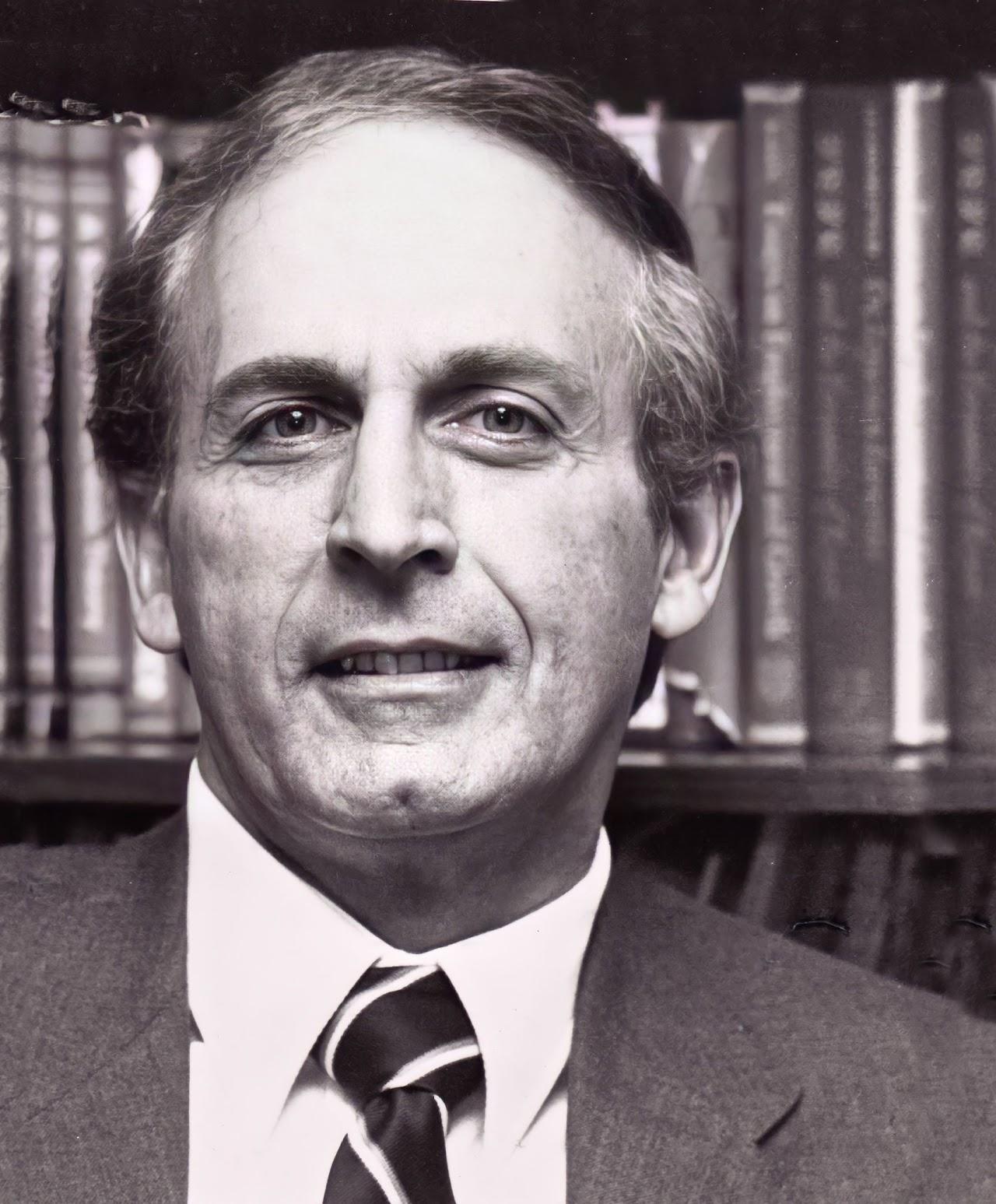Paul Davidson is an American macroeconomist who has been one of the leading spokesmen of the American branch of the post-Keynesian school in economics. He is a prolific writer and has actively intervened in important debates on economic policy from a position critical of mainstream economics.
Davidson identified the six key elements of Post Keynesian school as
commitment to historical time
uncertainty as the relevant background assumption for decision makers
institutional determination of prices and wages
the central relevance of distribution of income and wealth
the requirement that real capital is malleable and reflects time-based experience
that income effects dominate substitution effects
Wikipedia
✵
23. October 1930
•
Other names
Paul Davidson (economist)
